I had the pleasure of doing Anne-Marie’s becoming a quality coach course today which was organised by Test-Ed. If you are looking to transition to a quality coach role it’s worth keeping this course on your radar. Anne-Marie is a well renowned expert in software testing and quality engineering. I had the pleasure of working for Anne-Marie at Tyro.
Table of Contents
What is Quality Coaching?
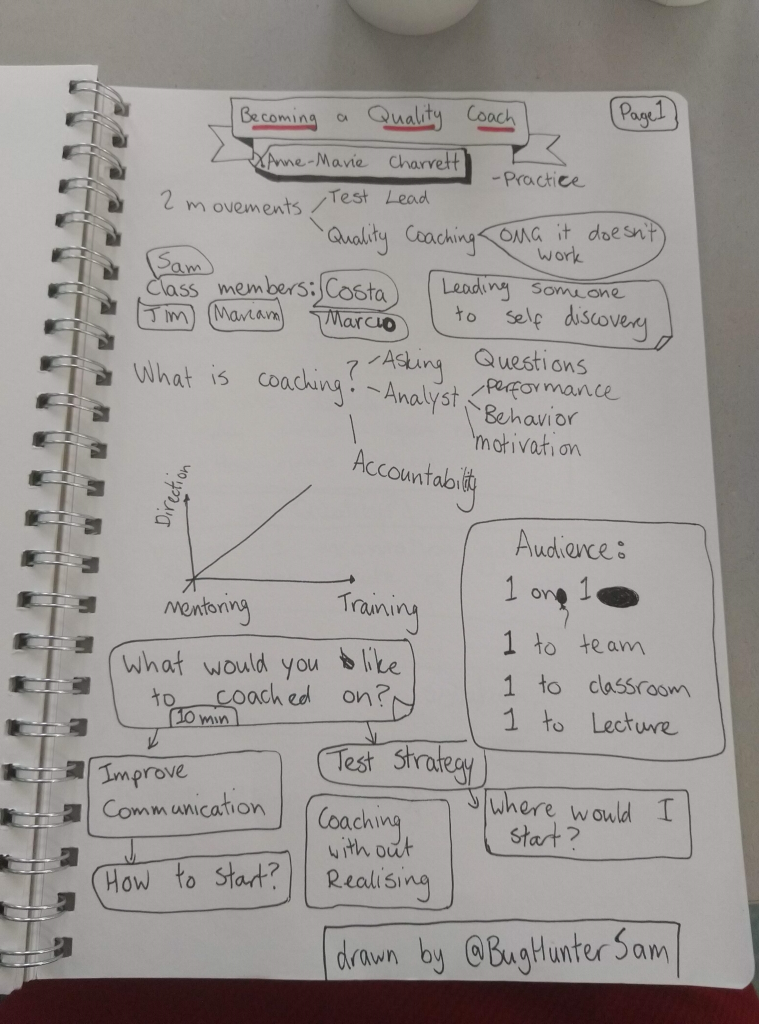
How is a quality coaching different to a test lead? It depends on what your team wants out of a quality coach role but here is an example job description from Deputy’s principal quality coach role:
What You Will Do:
- You will provide the guidance, inspiration and motivation for our amazing engineers to be better testers.
- Help create a high-quality testing culture
- Push the merits and benefits of TDD
- Visualize testing and quality
- Communicate with product and technical stakeholders
- Be a customer advocate
How You Will Do It:
- You have a combination of in-depth knowledge of Quality Assurance and Software Engineering principles and practices
- You command the skill to communicate clearly and effectively.
- You work directly with Engineers, Quality Coaches, Product Managers, and Discipline Heads to ensure the high quality of our software and practices.
What You Will Need:
- 7+ years software engineering / testing experience
- Strong understanding of QA processes and concepts.
- Proven coaching experience in a development team with examples of how you’ve made a significant impact to their testing capabilities
- Excellent written and verbal communication skills
Some questions you might ask?
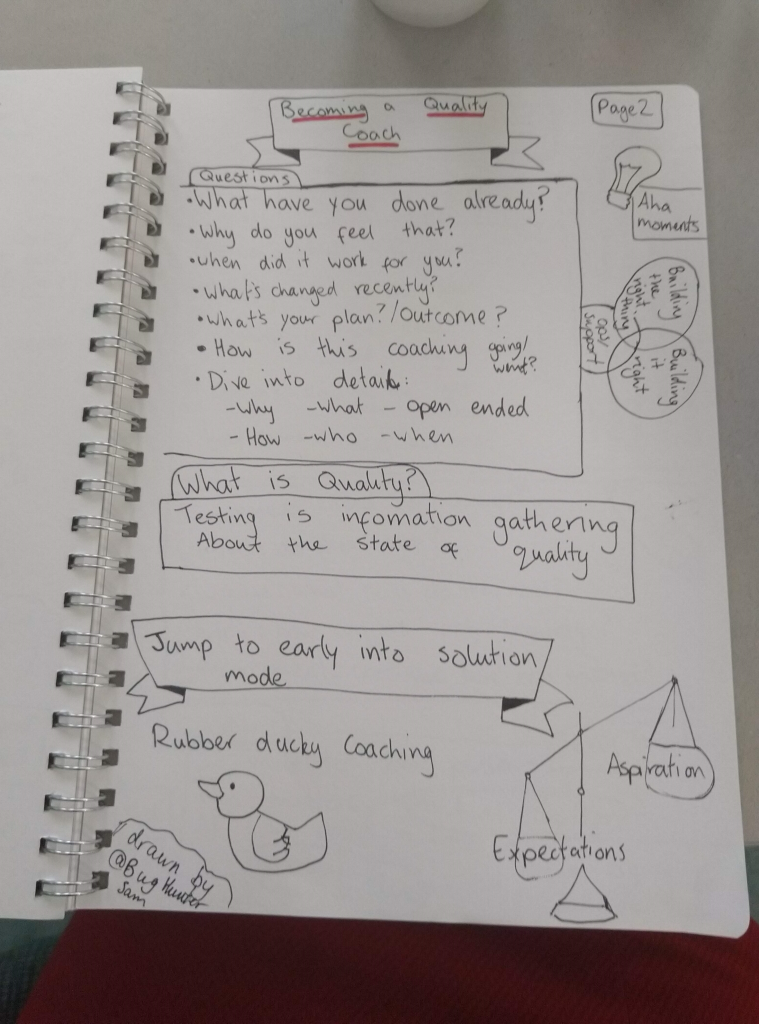
Some people thing that coaching is all about knowing when to ask the right questions. The coaching habit by Michael Bungay Stanier would have you beleive that all you need to coach someone is 7 questions.
- What’s on your mind?
- And what else? (repeated a few times)
- What’s the real challenge here for you?
- What do you want?
- How can I help? or What do you want from me?
- If you say yes to this, what must you say no to?
- What was most useful or most valuable here for you?
I think is only applies to one on one coaching, it doesn’t scale well to coaching a small team of developers and it definitely doesn’t scale to giving a lecture to 100’s of people or online. I think a good teacher is a good coach and also knows when someone needs a bit of mentoring too instead.
Models for Coaching
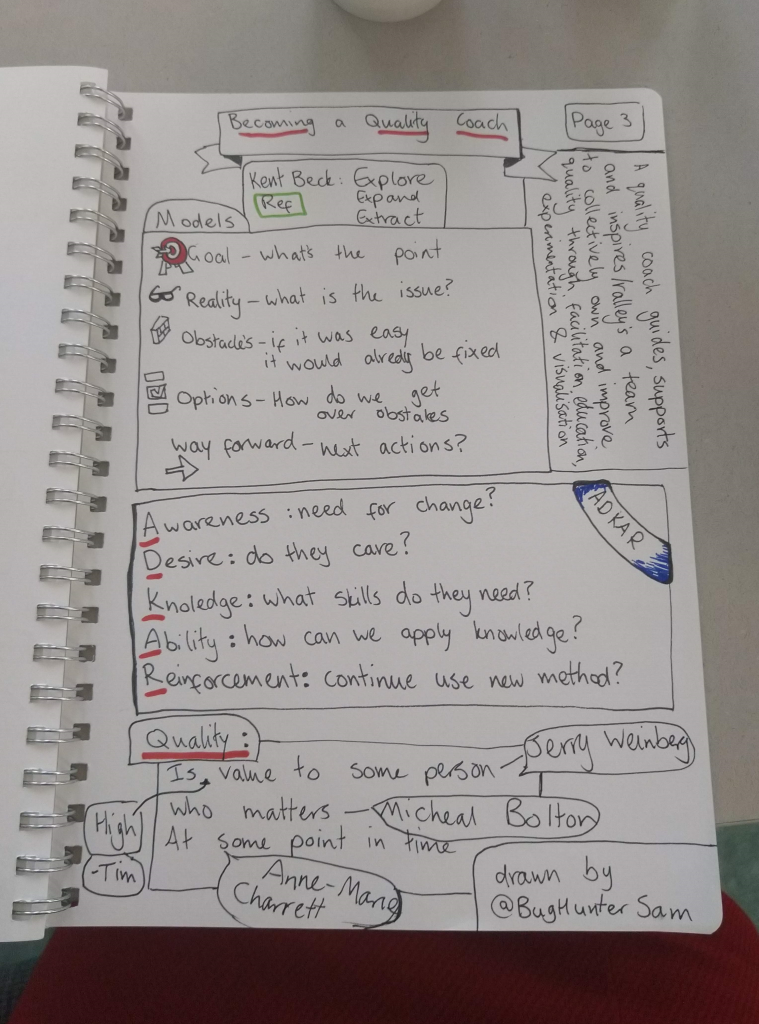
We discussed 2 different models you can use for coaching. Goal and ADKAR. We also discussed what does quality mean to us and expanded on a few definitions.
What does ADKAR stand for?
- Awareness: Leading people to see the need for change.
- Desire: Instilling the desire for change.
- Knowledge: Providing employees with the information or skills they need to achieve change.
- Ability: Applying knowledge and skills to bring about change.
- Reinforcement: Making sure that people continue to use the new methods.
We also briefly discussed Kent Beck’s talk on 3X (Explore, Expand & Extract.
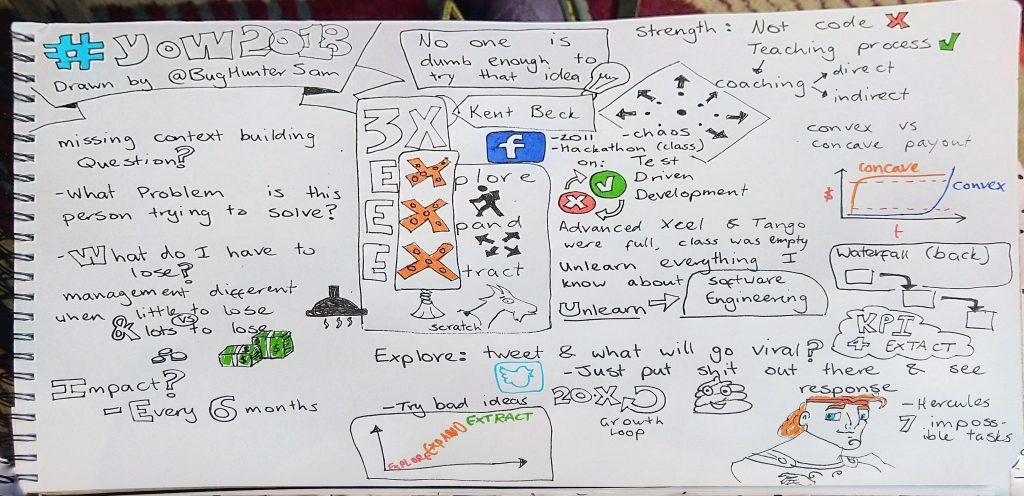
Coaching Software Testing
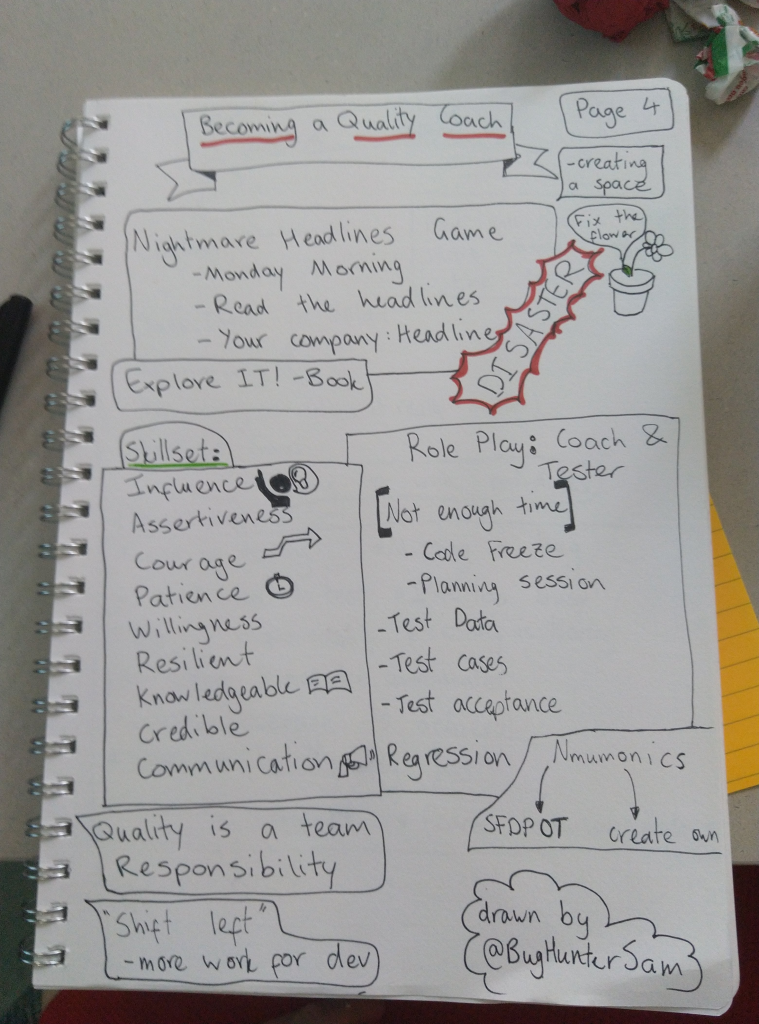
Test leads will need a bunch of skillsets to do well in coaching. We also used role play to practice our newly developed coaching skills.
Running Software Testing Workshops
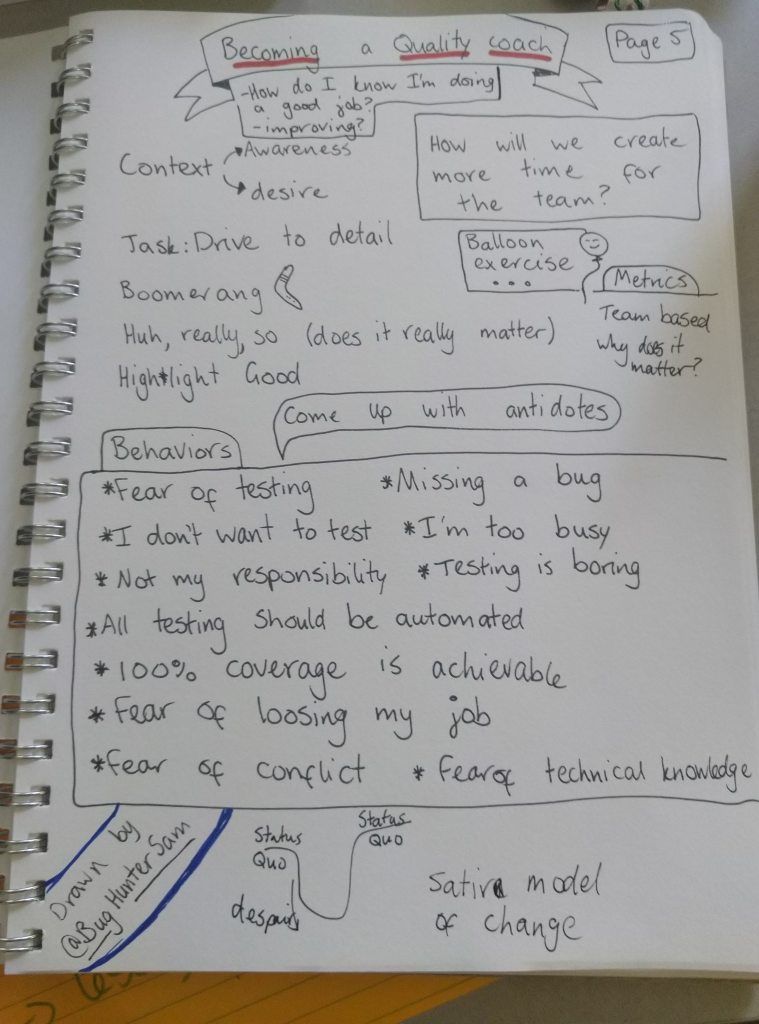
When running a coaching session there could be a bunch of behaviours you come across in your testers or developers that are mental barriers to trying something new. Your developers might say:
- Testing isn’t my responsibility
- I don’t have time for testing
- Testing is boring
- What if I miss a bug?
- All testing should be automated
You testers might respond with mindsets like:
- If I help developers do their testing, how will I prove my value?
- I’m not technical, I can’t help with code reviews
- I might loose my job if I raise bugs earlier
- 100% coverage is achievable
Summary
It was a good day of engaged learning. I’m not really working in a context where I can put a lot of these coaching methods into practice though. How would you come up with antidotes to these mindset problems in your team?
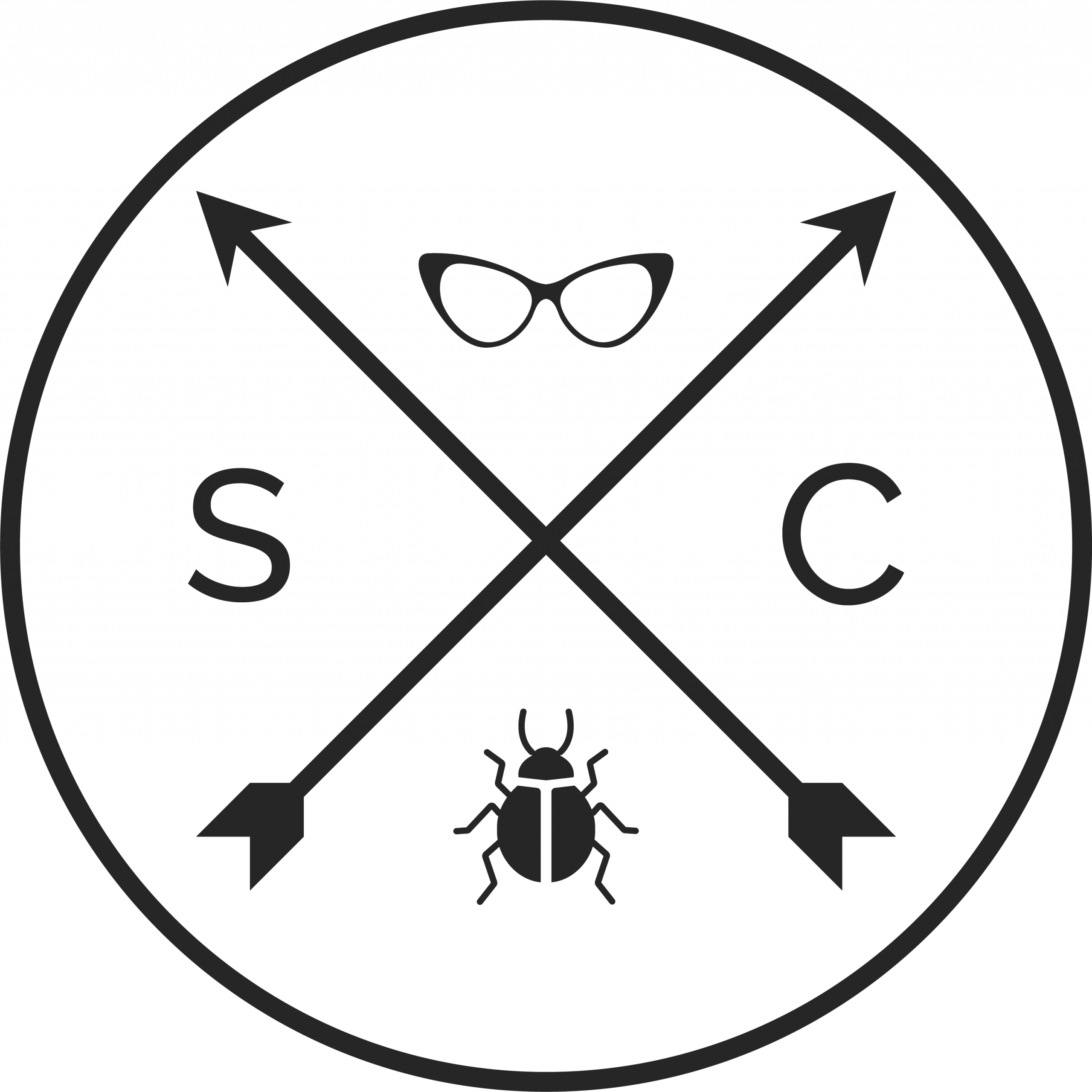
2 comments